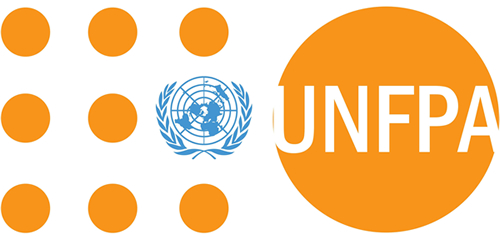 The United Nations Population Fund (UNFPA) is leading the process of harmonizing Sexual and Reproductive Health Education in Ghana.
The United Nations Population Fund (UNFPA) is leading the process of harmonizing Sexual and Reproductive Health Education in Ghana.
It has, consequently, in collaboration with Civil Society Organisations (CSOs) among other stakeholders whose work focuses on the area, put together a national guideline document for Comprehensive Sexual and Reproductive Health Education (CSE).
This would be for both in-school and out-of-school education purposes.
The move is to adopt a standardized approach towards delivering CSE in the country in line with the international United Nations Educational, Scientific and Cultural Organization (UNESCO) guidelines for CSE.4
It forms part of a joint programme being implemented by UNFPA in collaboration with the United Nations Children’s Fund (UNICEF), aimed at empowering adolescent girls.
An orientation workshop on the national guidelines for the CSE has therefore been held in Accra for the relevant CSOs to collate their inputs for a workable curricula to be developed to facilitate teaching and learning in the area.
The workshop, attended by 42 participants was organized by the UNFPA with funding support from Global Affairs Canada.
Mr Niyi Ojuolape, Country Representative of UNFPA, said it was one of the key activities being carried out for the CSOs as part of concerted advocacy effort to drive home the need for an updated CSE content.
He said in order to achieve greater national impact, it was imperative to harmonize CSE delivery across board, insisting that CSOs had a significant role to play.
Mr Ishmael Kwasi Selassie, a facilitator for the workshop, said community based CSE by the standard of the new guidelines was intended to be delivered to young people starting from age six and terminating at age 24.
“It is a systematic approach to equip young people with knowledge, skills, attitudes and values they need to determine and enjoy their sexuality, that is, physically and emotionally, individually and in relationships” he said.
He said the objective is to provide young people with an avenue to acquire accurate and reliable information on reproductive health and rights.
Source: GNA























